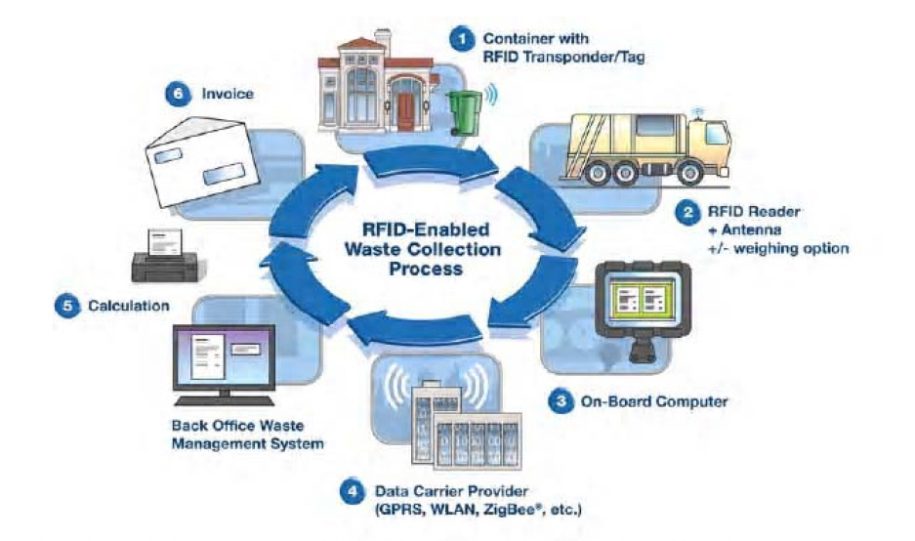
You need to be careful when you are looking to hire human resources professionals. These include the job title, hiring requirements and the cost. The requirements and exact duties may change with the increase in the HR department. Avoid using cliches for your role. They can be a turnoff to good candidates.
Perspectives for Human Resources Professionals
There are many career opportunities in the human resources (HR), which can lead to job satisfaction and career advancement. Many companies rely upon HR professionals to increase employee productivity, hire talent, and implement company policies. The pay is high, and a career in HR can lead to executive positions. This field can be hard to enter so consider your goals and objectives before you decide on a career.

As more companies open, the demand for qualified HR professionals will rise. Because of the complexity of healthcare coverage options and changes in employment laws, HR specialists are required to understand these issues. According to Bureau of Labor Statistics, there will be 9.2% more HR jobs in the coming decade.
Requirements for Hiring
There are many qualifications that you need to consider when looking for a job as a human resource professional. Many companies prefer candidates with a certification from an organization that is professional. Some organizations charge fees for certification exams, while others require continuing education credits or additional testing. Relevant work experience, however, is the most important qualification. This is typically 8-10 years of relevant experience in HR.
For entry-level positions in the HR industry, a bachelor's degree is required. But there are also other requirements. Many HR professionals are graduates of business administration, human resource management, or organizational development. Communicating with people can be made easier by courses in psychology, communication, and professional writing. A degree in accounting or finance can also prove helpful in this career field. Companies prefer those with an MBA for higher-ranking positions. Professional certification in human resource management can also lead to higher career opportunities and better pay.
Cost of hiring a HR professional
Many factors affect the cost of hiring a HR professional. The salary of an in-house HR professional can range from $130,000 to $170,000 per year. The experience of the HR professional and the type of functions they perform can affect how much it costs. The costs of hiring an HR professional from a third party will also vary depending on the size and needs of the company.

Many companies employ an HR professional to assist with their hiring process. This is cheaper than hiring an external HR professional. An HR professional will perform all the necessary hiring tasks, including the initial screen of applicants and interviewing them.
FAQ
Six Sigma is so popular.
Six Sigma is easy and can deliver significant results. Six Sigma also gives companies a framework for measuring improvement and helps them focus on what is most important.
What do we mean when we say "project management"?
Management is the act of managing activities in order to complete a project.
We include defining the scope of the project, identifying the requirements, preparing the budget, organizing the project team, scheduling the work, monitoring progress, evaluating results, and closing down the project.
Why is it important that companies use project management methods?
Project management techniques are used in order to ensure projects run smoothly, and that deadlines are met.
This is because most businesses rely heavily on project work to produce goods and services.
These projects are essential for companies.
Companies can lose time, money, and reputation if they don't have a good project management system.
What are the top management skills?
Business owners need to have management skills, no matter how small or large they may be. They are the ability to manage people and finances, space, money, and other factors.
Managerial skills are required when setting goals and objectives and planning strategies, leading employees, motivating them, solving problems, creating policies, procedures, or managing change.
As you can see there is no end to the number of managerial tasks.
Why does it sometimes seem so hard to make good business decisions
Complex business systems have many moving parts. The people who run them must juggle multiple priorities at once while also dealing with uncertainty and complexity.
It is important to understand the effects of these factors on the system in order to make informed decisions.
To do this, you must think carefully about what each part of the system does and why. It is important to then consider how the individual pieces relate to each other.
You need to ask yourself if your previous actions have led you to make unfounded assumptions. If so, it might be worth reexamining them.
If you're still stuck after all this, try asking someone else for help. They may see things differently from you and have insights that could help you find a solution.
Which kind of people use Six Sigma
People who have worked with statistics and operations research will usually be familiar with the concepts behind six sigma. Anybody involved in any aspect or business can benefit.
It is a commitment-intensive task that requires strong leadership skills.
How can a manager motivate employees?
Motivation refers to the desire or need to succeed.
You can get motivated by doing something enjoyable.
You can also get motivated by seeing your contribution to the success or the improvement of the organization.
If you are a doctor and want to be one, it will likely be more rewarding to see patients than to read medical books every day.
Another type of motivation comes from within.
For example, you might have a strong sense of responsibility to help others.
Perhaps you enjoy working hard.
If you feel unmotivated, ask yourself why.
Then try to think about ways to change your situation to be more motivated.
Statistics
- Your choice in Step 5 may very likely be the same or similar to the alternative you placed at the top of your list at the end of Step 4. (umassd.edu)
- The profession is expected to grow 7% by 2028, a bit faster than the national average. (wgu.edu)
- UpCounsel accepts only the top 5 percent of lawyers on its site. (upcounsel.com)
- 100% of the courses are offered online, and no campus visits are required — a big time-saver for you. (online.uc.edu)
- Hire the top business lawyers and save up to 60% on legal fees (upcounsel.com)
External Links
How To
How can you implement Quality Management Plan (QMP).
QMP, which was introduced by ISO 9001:2008, is a systematic approach to improving products, services, and processes through continuous improvement. It emphasizes on how to continuously measure, analyze, control, and improve processes, product/service, and customer satisfaction.
QMP is a standard way to improve business performance. QMP is a standard method that improves the production process, service delivery, customer relationship, and overall business performance. A QMP should include all three aspects - Processes, Products, and Services. If the QMP only covers one aspect, it's called a "Process QMP". The QMP that focuses on a Product/Service is called a "Product." QMP. The QMP that focuses on customer relationships is known as the "Customer" QMP.
Two main elements are required for the implementation of a QMP. They are Scope and Strategy. They are defined as follows:
Scope: This defines what the QMP will cover and its duration. For example, if you want to implement a QMP that lasts six months, then this scope will outline the activities done during the first six.
Strategy: This describes how you will achieve the goals in your scope.
A typical QMP comprises five phases: Planning and Design, Development, Construction, Implementation, Maintenance. Each phase is explained below:
Planning: This stage identifies and prioritizes the QMP's objectives. In order to fully understand and meet the needs of all stakeholders involved in this project, they are consulted. The next step is to create the strategy for achieving those objectives.
Design: The design stage involves the development of vision, mission strategies, tactics, and strategies that will allow for successful implementation. These strategies are put into action by developing detailed plans and procedures.
Development: The development team is responsible for building the resources and capabilities necessary to implement the QMP effectively.
Implementation involves the actual implementation using the planned strategies.
Maintenance: It is an ongoing process that maintains the QMP over time.
The QMP must also include several other items:
Stakeholder Involvement: Stakeholders are important for the success of the QMP. They need to be actively involved in the planning, design, development, implementation, and maintenance stages of the QMP.
Initiation of a Project: A clear understanding and application of the problem statement is crucial for initiating a project. This means that the initiator should know why they want something done and what they hope for from the end result.
Time Frame: This is a critical aspect of the QMP. For a short time, you can start with the simple version of the QMP. However, if you have a long-term commitment, you may require more elaborate versions.
Cost Estimation is another important aspect of the QMP. It is impossible to plan without knowing what you will spend. It is therefore important to calculate the cost before you start the QMP.
QMPs are more than just documents. They can also be updated as needed. It changes with the company. It is important to review it periodically to ensure it meets all current requirements.